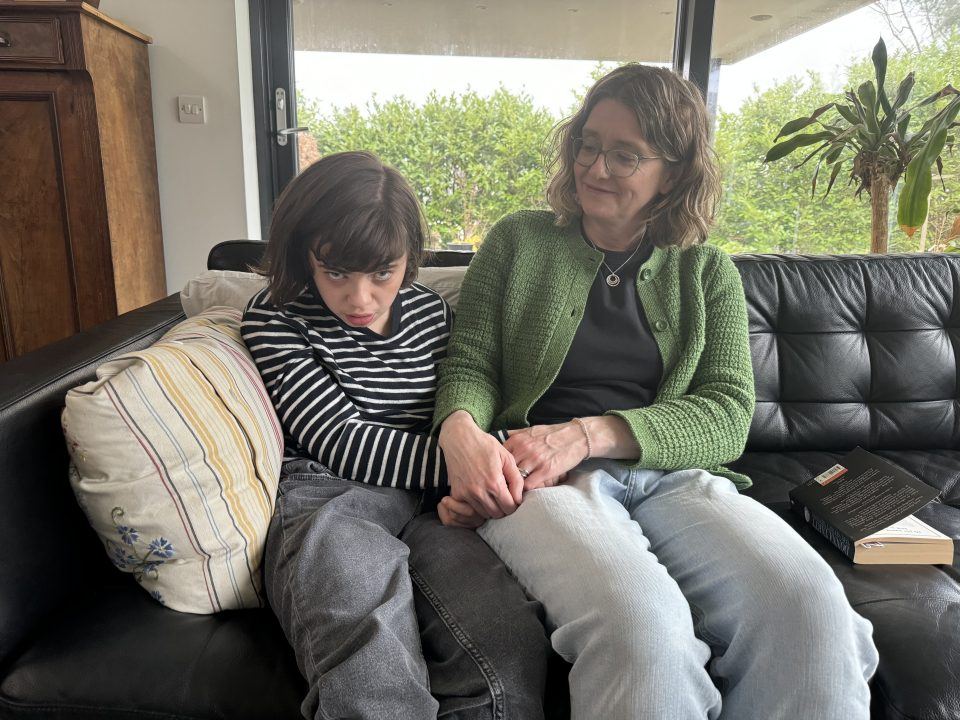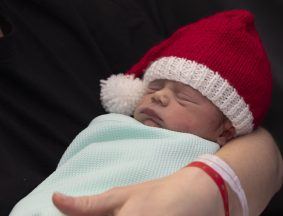Key Points
-
 Controversial plans for new social care charges in East Renfrewshire have been given the go-ahead
Controversial plans for new social care charges in East Renfrewshire have been given the go-ahead -
 Means-tested £20 per hour fees for non-residential care can be introduced from July
Means-tested £20 per hour fees for non-residential care can be introduced from July -
 It is estimated the plan could affect around 500 residents.
It is estimated the plan could affect around 500 residents. -
 There has been widespread opposition from parents and carers, with more than 1,000 people signing a petition against the plans
There has been widespread opposition from parents and carers, with more than 1,000 people signing a petition against the plans -
 Romi Loffler, 19, is among those likely to be hardest hit by the changes
Romi Loffler, 19, is among those likely to be hardest hit by the changes -
 She lives with Rett Syndrome, a rare genetic condition that affects brain development, and also epilepsy
She lives with Rett Syndrome, a rare genetic condition that affects brain development, and also epilepsy
Romi Loffler uses a tablet-controlled voice device to communicate with other people.
The 19-year-old is living with Rett Syndrome, a rare genetic condition that affects brain development, and also epilepsy.
It means that Romi will be among the hardest hit by East Renfrewshire Council’s move to means-test and charge for social care from July.
The plan, which involves means-tested £20 per hour fees for non-residential care, could affect around 500 residents from July.
There has been widespread opposition from parents and carers, with more than 1,000 people signing a petition calling for the proposal to be dropped.
Romi now faces a 20% cut to her support and increased charges to her around-the-clock care.
If taken away, the support would also make it more difficult for Romi – and hundreds like her – to get out and about within the community.
She told STV News: “I need 24-hour care to live my life. I’m 19 and I don’t want to hang out with my mum all the time.
“These cuts will make it hard for me to get out of the house. I think it would be interesting for the councillors to spend the day with me and see what my life is like.”
Last week, the council passed a vote to means-test non-residential care.
But only a handful of council cabinet members cast their vote, provoking anger and frustration from those who benefit from and require the vital care.
Dr Gael Gordon, Romi’s mother, said: “Families like ours are very invisible within society. You don’t see families like ours because it’s so hard to get out.
“Society’s not set up for families like ours. Until decision makers see and understand what they’re making decisions on then they’re going to make and take the wrong decisions.
“If they understand the consequences properly of what they’re proposing, they might think again.”
Gael provides the vast majority of the care for her daughter. She has significantly reduced her working hours to just a half-day a week to look after her daughter. However, she fears she may have to give up work altogether if the cuts are enforced.
She told STV News: “It’s not something I’d ever planned for. Social care is very much about people being independent and being independent from their families.
“That is what that budget allows. A little bit of freedom everybody else enjoys, young or old. This will mean Romi will have to spend much of her time at home with her mum at home and not getting out and doing the things a 19-year-old student wants to do.”
Councillor Annette Ireland, who represents the Clarkston, Netherlee and Williamwood ward, told STV News she wants the council to halt their plans for at least a year.
Ireland, who sits as an independent, said: “Fund it this year and give the Scottish Government a chance to actually look at funding this across Scotland.
“The next item that came up immediately after this item was voted on was declaring an underspend this year in the council’s budget of £2.14m and that is quite shocking. That is going to be put into the reserves. That was a bit of a slap in the face.”
East Renfrewshire Council will vote on the issue again at the end of the month.
Councillor Owen O’Donnell, the leader of East Renfrewshire Council, said: “It was with a really heavy heart that the council’s Cabinet supported the integration joint board’s (IJB) recommendation to introduce charging.
“After years of underfunding by the Scottish Government, the IJB has run out of options and has to make very difficult decisions to meet the significant financial challenges of delivering services in the long term.
“All five of the other Health and Social Care Partnerships in Greater Glasgow and Clyde introduced charging for non-residential care many years ago. Across the country the average cap on what people have to pay from their disposable income is 64% and in some areas it’s up to 75%.
“After extensive feedback from service users, the council’s Cabinet has recommended that for people in East Renfrewshire, the cap be reduced from the 60% proposed by the IJB to 40% and that the introduction of charges be delayed from April to July. These charges are not expected to apply to the majority of service users.”
Follow STV News on WhatsApp
Scan the QR code on your mobile device for all the latest news from around the country



























